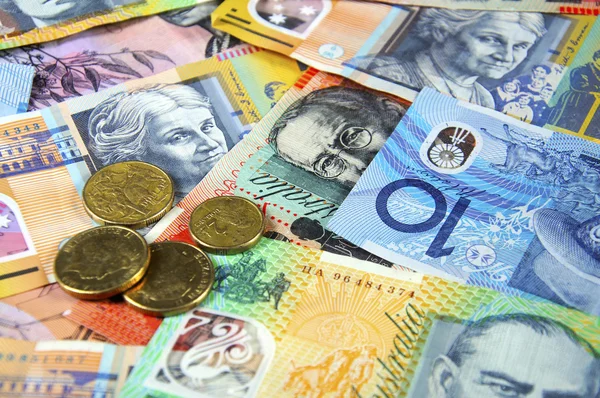Australian dollar is under pressure from economic troubles in its major trading partner, China.
The Australian Dollar (AUD) fell for the third day in a row versus the US Dollar (USD) on Wednesday, despite hawkish remarks from Reserve Bank of Australia (RBA) Deputy Governor Sarah Hunter.
RBA’s Hunter stated that, while inflation expectations remain stable, persistent price increase continues to pose issues for the central bank.
Hunter restated the Australian central bank’s commitment to reducing inflation, adding that while inflation expectations remain stable, sustained price growth remains a challenge.
The Australian Dollar is under pressure from economic uncertainty in China, its major trading partner. Furthermore, China’s recently announced fiscal stimulus plan did little to improve market mood, as investors are still unsure of the package’s size and impact.
The US dollar rises as solid employment and inflation figures diminish the likelihood of aggressive Fed easing.
The US dollar (USD) is gaining strength as strong employment and consumer price index (CPI) data undercut expectations of aggressive Federal Reserve (Fed) easing. Markets now anticipate 125 basis points in rate reduction over the next 12 months.
Daily Market Movers: The Australian dollar struggles due to economic uncertainty in China.
The CME FedWatch Tool predicts a 94.1% chance of a 25-basis-point rate decrease in November, with no expectation of a greater 50-basis-point reduction.
The Westpac In September, Australia’s Leading Index stayed unchanged month on month, marking the sixth consecutive month of stagnation.
On Tuesday, Federal Reserve Bank of Atlanta President Raphael Bostic announced that he expects only one more 25-basis-point interest rate drop this year, as reflected in his predictions at last month’s US central bank meeting. “The median forecast was for 50 basis points more than the 50 basis points already implemented in September.” My expectation was for an additional 25 basis points,” he told Reuters.
The Australian weekly Consumer Confidence poll showed little fluctuation, with the ANZ-Roy Morgan Consumer Confidence index holding unchanged at 83.4 this week. Despite the unchanged level, the longer-term trend reveals that Consumer Confidence has been lower The 85.0 mark was held for a record 89 straight weeks. The current value is 1.3 points above the 2024 weekly average of 82.1.
Neel Kashkari, President of the Federal Reserve Bank of Minneapolis, soothed markets late Monday by repeating the Fed’s data-dependent strategy.
Neel Kashkari, President of the Federal Reserve Bank of Minneapolis, soothed markets late Monday by repeating the Fed’s data-dependent strategy. Kashkari echoed common Fed policymaker views on the robustness of the US economy, citing continuous softening of inflationary pressures and a strong labor market, despite a recent increase in the total unemployment rate, according to Reuters.
The AUD may have experienced negative pressure from a comprehensive note from the Commonwealth Bank of Australia stating that the Reserve Bank of Australia (RBA) will conduct a 25 basis point rate cut by the end of 2024. The research projected a stronger disinflationary trend. More than the RBA estimates is required for the Board to consider relaxing policy this calendar year.
On Monday, China’s military began maneuvers in the Taiwan Strait and near the island. A representative for the US Department of State voiced deep worry over the People’s Liberation Army’s (PLA) military operations. Taiwan’s Defense Ministry responded, saying, “We will not escalate the conflict in our response.”
The National Bureau of Statistics of China stated that the country’s monthly Consumer Price Index (CPI) stayed constant at 0% in September, down from a 0.4% gain in August. The annual inflation rate increased by 0.4%, falling short of the expected 0.6%. Additionally, the Producer Price Index (PPI) declined by 2.8% year-on-year, a greater drop than the previous reduction of 1.8% and exceeding expectations 2.5% reduction.









